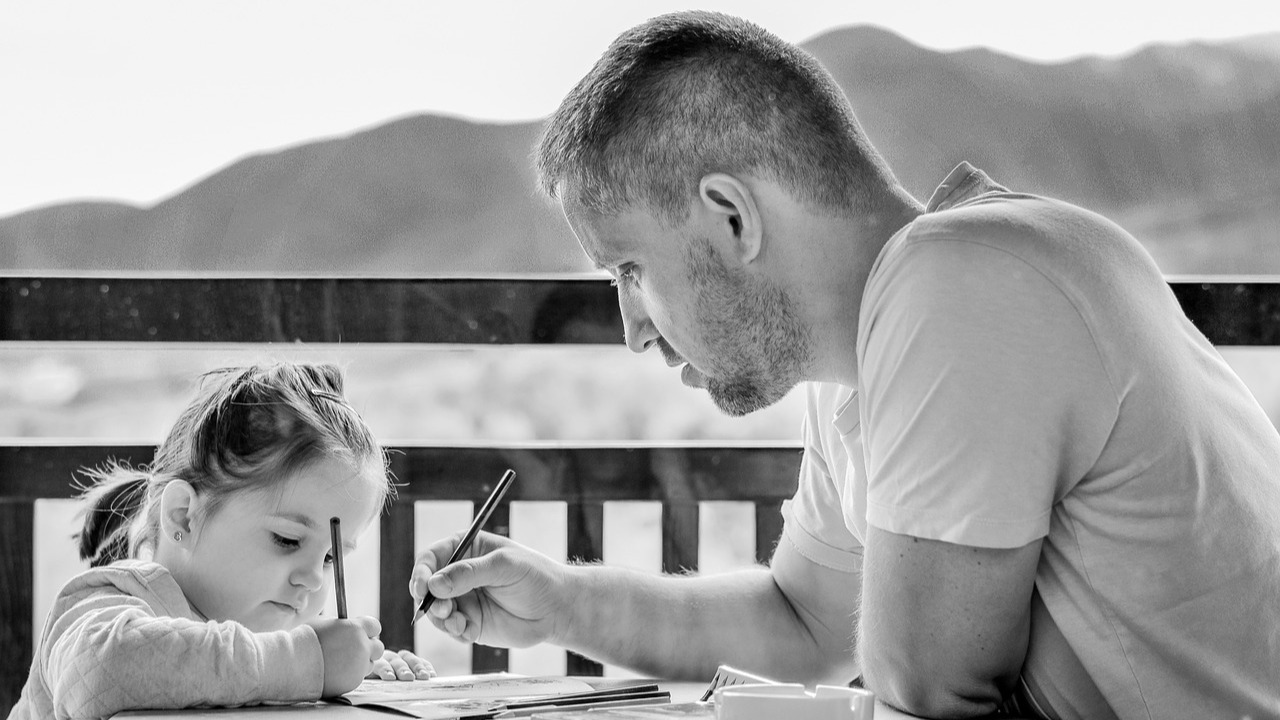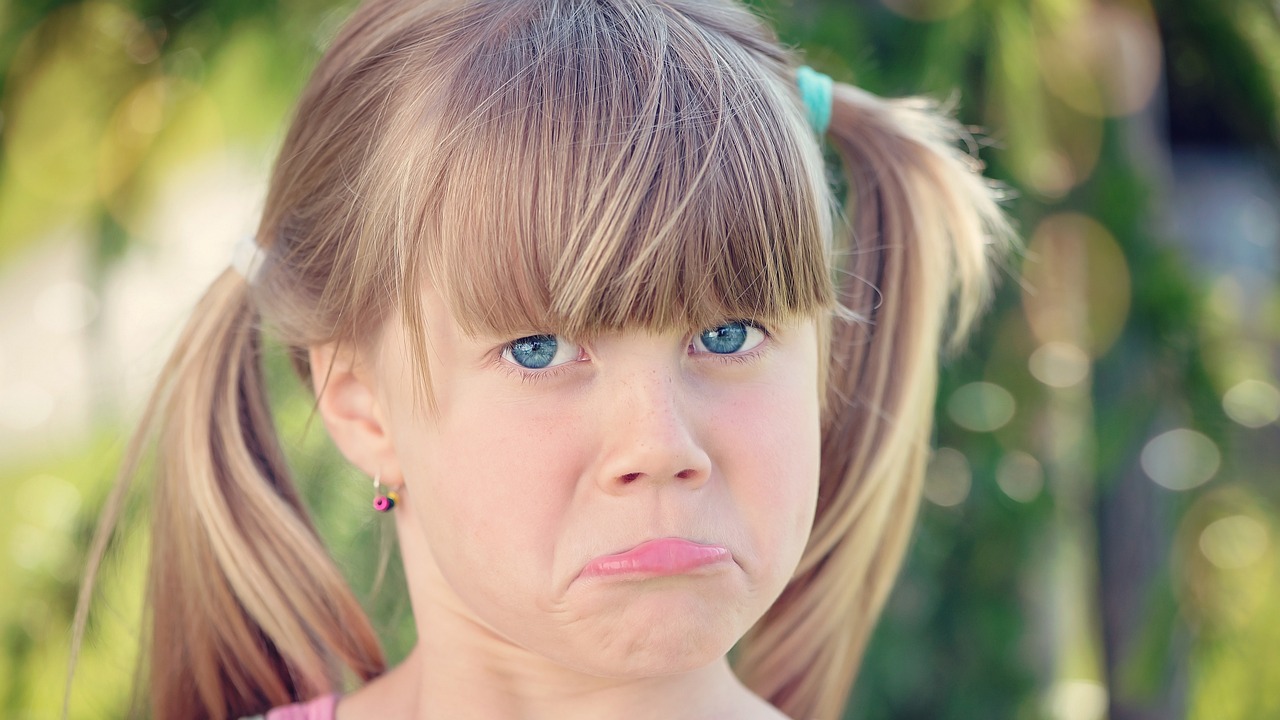Everyone is unique. Thus, each family grows its children in their unique way. Some offer more liberty and independence, while others prefer strict rules and total control. Yet psychologists investigate the main principles of being parents and decided on a simple classification of parents' types. Let's consider which of them is yours.
Classification of Styles of Growing Up Children by Diana Baumrind
What is a style of being a parent in general? This is the main question which arises in all parents who come across this term. According to psychologists, these are typical manners of behavior and practices of moms and dads towards their kids. Several decades ago, a PhD. D. Baumrind identified three bases for classifying these practices and patterns. This is the maturity of the requirements set for kids by parents, the way they control kids, as well as the ways of communication and education of children. It is from these three pillars the styles of being parents form. Initially, Baumrind had only three of them, namely based on the authority, authoritarian (kind of totalitarian), and liberal. But the followers of the scientist slightly appended to the range of parental patterns one more, and today the following types are distinguished:
- Parenting style based in the authority of parents (so-called authoritative) is truly one of the best parenting styles. That manner combines emotional closeness with the kid with a moderate control of his life, and encouragement of independence. Little ones trust such parents and view them an impeccable authority. That's an analog of democracy in terms of family in which older members act as an authority, but listen to the people's voice, namely children.
- The authoritarian pattern is more like a dictatorship. Mom and/or dad are in charge, and the younger generation is called to obey them and does not have any right or the power of voice. Also, with high control, this style has an insufficient level of emotional support or acceptance.
- Liberal parents are not bad at first glance. They typically praise the independence of decision-making by their little ones, and provide them with emotional warmth, but do not control it at all.
- The indifferent style of parenting is the quintessence of indifference when parents frankly do not care about their children, they do not control them, do not support them, and do not help.
The Best Option How to Raise Your Children, What Is It?
If we consider Baumrind's parenting styles, the most balanced among them is the authoritative one. In it, children grow with the comprehension that adults are authorities, and they are worth their respect. Yet parents do not overdo controlling children. Just making a brief example. In an authoritarian family, parents will build trust between them and younger gen yet moms and dads will also add some technologies for controlling such as parental control apps that will help to prevent some emergent situations. In liberal broods, parents will just allow children to go their way and rarely are interested in where their kids are hanging out. In an authoritarian family, children will obey their parents because if they break the rule, they will be punished whether physically or morally. And in an indifferent family, there will be full chaos and parents won't even know how their children survive.
We can say that both extremes - authoritarian and indifferent parenting styles - can be dangerous for a child. Fortunately, they are practically never found in their pure form, except perhaps in patriarchal or religious families, as well as among marginalized and dependent people. As for the liberal style, it is not bad if the child has innate functions of self-control, a high level of responsibility, and the ability to follow the rules of society. Otherwise, as a result of such parenthood, extremely spoiled, unprincipled, and uncontrollable people are obtained.
So, a balance between democracy and rational monitoring is key to successful growing up your children.



